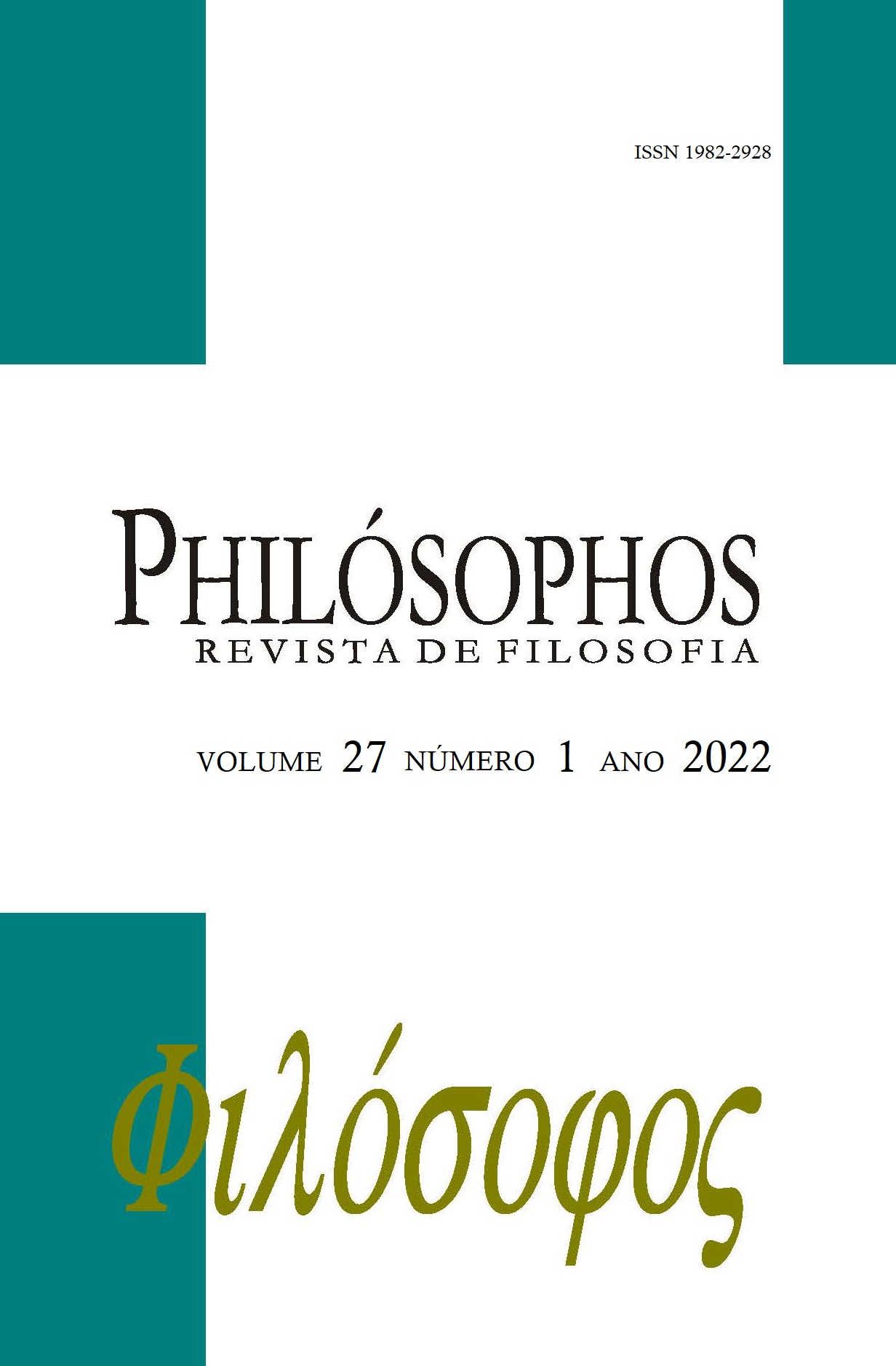A noção escolástica de cosmo: uma breve reflexão sobre Sacrobosco, Alberto Magno, Boaventura e Christine de Pizan
DOI:
https://doi.org/10.5216/phi.v27i1.71873Abstract
The present study investigates the following question: the nature defined by Aristotle in Physics and De caelo as an intrinsic principle and cause of movement, especially of locomotion, in fact, is the principle and cause of cosmic locomotion, for Albert the Great, Bonaventure of Bagnoregio and Christine de Pizan? The hypothesis set out here supports a negative answer. To do so, I will first briefly contextualize the emergence of parisian university cosmology, which is done through the articulation between the notions of machina mundi and impetus carried out by Johannes de Sacrobosco. Indeed, when explaining the perennial locomotion of the cosmic machine Sacrobosco is silent about the nature of impetus. Albert, Bonaventure and Christine, in turn, understand that the causality of nature is limited to certain spheres and natural classes, that is, in the domain of the whole, of the cosmos, the causa motus is reduced to the causa essendi, the creator, which it is the divinity, which is why the impetus that moves the cosmic machine does not seem to be natural. Therefore, the question that arises in cosmology or physics extends to metaphysics and natural theology, making the discussion complex enough to arouse philosophical interest.
Downloads
Downloads
Published
How to Cite
Issue
Section
License
Copyright (c) 2022 Philósophos a journal of philosophy

This work is licensed under a Creative Commons Attribution-NonCommercial-NoDerivatives 4.0 International License.
Authors who publish in this journal agree to the following terms:
- Authors retain copyright and grant the journal right of first publication, with the work simultaneously licensed under a Creative Commons Attribution License that allows others to share the work with an acknowledgement of the work's authorship and initial publication in this journal.
- Authors are authorized to enter into separate, additional contractual arrangements for the non-exclusive distribution of the journal's published version of the work (e.g., publishing in an institutional repository or as a book chapter), with an acknowledgement of its authorship and initial publication in this journal.















